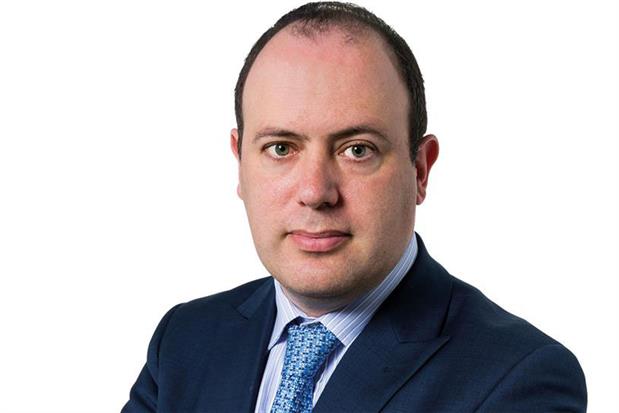The supermarket has confirmed that it has overturned its original decision in February to award the business to M/SIX and has given the consolidated account, which now includes Argos, to PHD, the incumbent on Sainsbury’s.
The ten-month saga left the brand and the two competing agencies bruised.
Lesson one: Sainsbury’s failed to handle the original pitch process well.
That much is obvious from the fact that PHD and its parent company, Omnicom Media Group, felt able to complain to the Sainsbury’s board about the way the original review was managed.
The supermarket could run the pitch as it pleased. However, a secret, closed process that involved just PHD and M/SIX – with both agencies unable to talk about it – created tension. Secrecy is rarely a good idea.
Sainsbury’s must wonder if it was wise to handle the review itself, instead of asking a pitch consultancy to help.
No-one will say what OMG complained about. But it is thought that Sainsbury’s created a perception that it aided M/SIX in some way, thereby allowing PHD to demand a rerun. It remains to be seen if any heads will roll at Sainsbury's because of this saga.
Lesson two: The incumbent agency, PHD, initially failed to recognise the changing needs of the client.
PHD had held the £62m Sainsbury’s account for 22 years and had successfully retained it as recently as 2015. But the grocer’s decision last year to buy Argos, which spends £53m on media, signalled a strategic shift towards general merchandise and ecommerce to counter the threat from Amazon.
As I wrote in February, in the aftermath of the original decision, M/SIX better understood the need for change and more data-driven marketing.
It has a smart proposition around media and data integration and made use of its relationship with sister agency CHI & Partners, which already handled creative and content duties for Argos.
M/SIX, a relatively young agency still in growth mode, will have other chances.
Lesson three: Don’t give up without a fight.
Agencies often meekly accept a client’s decision. It took bravery for OMG to go above the heads of the Sainsbury’s marketing team to the board.
Omnicom may have misread what the client wanted initially but the group threw everything at the review when it was rerun.
It is a fair bet that OMG only pushed so hard because it knew Sainsbury’s prides itself on treating its suppliers fairly. Not every client would reopen the review.
A lot of other agency leaders privately welcomed OMG’s decision to stand up to Sainsbury’s, even though they felt sympathy for M/SIX, because of the way other brands have treated loyal agencies with disdain. PHD must hope that relations with Sainsbury’s can now be repaired.
Lesson four: Media pricing matters.
A source close to Sainsbury’s makes little secret that PHD eventually triumphed because OMG offered "extremely competitive" media pricing – and that was after M/SIX used WPP’s muscle to offer pretty keen prices itself in February.
Price matters because every legacy business is going through painful digital transformation, and Sainsbury’s has promised £500m in efficiency savings over three years to shareholders.
"Live well for less", Sainsbury’s marketing slogan, has an added twist when it comes to the supermarket's own finances.
Those close to Sainsbury’s and OMG insist the media pricing isn’t so low that it is uneconomic.
But agencies and marketers should worry that price has loomed so large in a number of recent media reviews involving "legacy" clients. It is digital and data smarts that will build a business fit for the future, not price-cutting. Alas, too many procurement people appear only to understand the latter.
Lesson five: Integration is a good sell, but every client is different.
M/SIX offered the prospect of a joined-up solution by tapping into other services from parent company The & Partnership, even if it wasn’t presenting a fully integrated offer, as it did for Toyota.
However, some brands will say one thing at the start of a pitch and then choose something different later. When Procter & Gamble put its media up for review in the UK, it didn’t ask for integration. But Publicis Groupe ended up retaining the business because it promised to bring media together with creative – much of which Publicis creative ad agencies already handled. And, yes, it offered very competitive pricing.
Sainsbury’s has chosen a different path, having dropped another long-serving Omnicom agency, Abbott Mead Vickers BBDO, for its creative last year.
PHD deserves credit for fighting so hard to keep the media. But be in no doubt: when a brand wants more for less, living well isn't easy.



